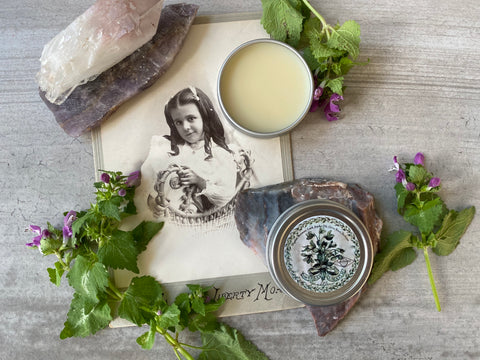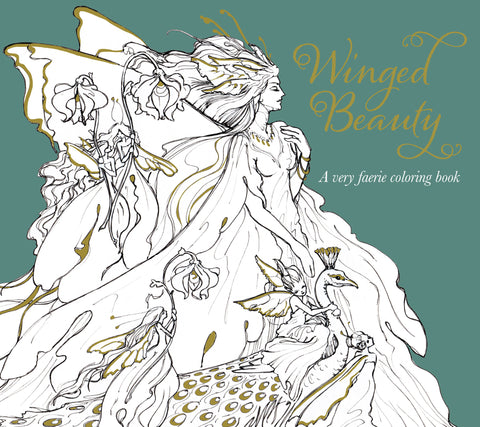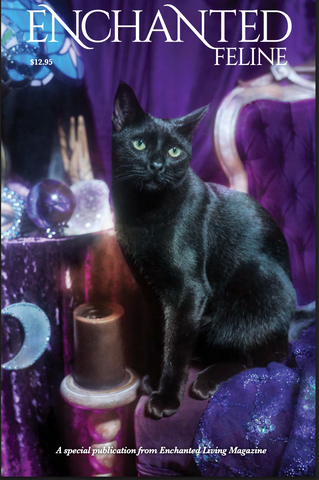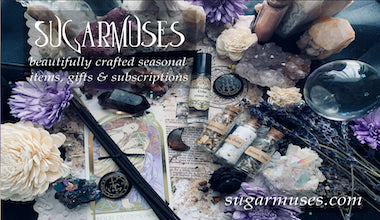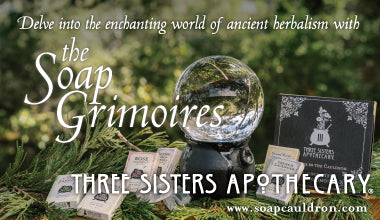18th Century Violette Flower Pomatum
$ 10.00
-
Handmade
-
Violette Flower Pomatum
Original Historical Label
1oz
Tin
This is an original 18th-century Violet pomatum label for Fine Violet Pomatum
We are excited to bring you this new historical pomatum!
Throughout history, pomades came in various consistencies, including stick pomades ( which were really really hard) and regular hard pomade (the general ones in our shop), but other consistencies of pomades included soft and semi-soft ( also in the shop). So the reason we chose the Violet pomade is because of the history behind it and because we actually happen to dig up an original 18th century Violet Pomatum Label.
The history of essential oil and scents are fascinating to me, especially violets. In the 18th century, the idea of having something scented like violets was somewhat exotic. It was a popular but expensive scent to produce. Violet Essential oil doesn't really exist, even in today's world and so anyone trying to capture that scent historically either had to use Orris Root or attempt enfleurage, which takes an extremely large number of violets. They would be gathered and then carefully placed on layers of fat and the flower would often be replaced after a few hours. It is said that it took roughly 20 million violet blossoms to make around 17.5 ounces of Violet Flower Absolute and even at that, in the 18th century without having solvent extraction, the scent wouldn't have been as strong as we are used too. The violet is very volatile- meaning that it doesn't really produce much oil, and when it does, it evaporates fast- the scent won't last very long. It wasn't until the end of the 19th century that they added a solvent step after the enfleurage to try and make a better product, however, most books talk about using orris root for the violet scent, or combining other oils to make try and mimic a violet scent.
In today's oil world, we don't hear about real violet oil and that is why. Most of us would not be able to afford it plus I wouldn't trust the scent to last. We now have wonderful synthetic fragrances for us to use that mimic various kinds of violet which were first invented in 1893. Yes, they started inventing and using synthetic fragrances a while ago.
So how would they have made violet pomade in the 18th century?
They used Orris Root. Orris Root was a common ingredient in powders and other historical products. It is the root system of the Iris germanica and Iris pallida. Sometimes it was even called Queen Elizabeth Root, but in my 18th-century research, I have never seen it referred to that way. While the dried Orris Root smells simular to Violets, it's not easily procured. It takes 3 years before the roots of one plant are ready to dig up. YIKES!
So how would they make the pomade smell like violets?
The cleaned fat would have to be soaked and melted in the powdered orris root and or orris root tinctures. But it takes a while for the pomade to actually pick up the scent into the fats. It would have to be monitored, cleaned, and changed often until the potency was where it needed to be according to the makers tastes. Once the scent was incorporated in then it would have been melted and strained so the excess Orris powder wouldn't be in the final product.
How did we compose this recipe? We combined various methods for making this violet pomade. We did use orris root, but we also used a little bit of violet oil to produce a pomade that has a very natural scent. It isn't overwhelming like modern violet products can be, and it does have a lovely historical violet scent to it. We left some of the orris roots in for you because it has a lot of scents left to give to the pomade and we didn't want to discard it because the fat will continue to leach the scent out of the orris root. We are excited for you to try our new Violet Pomade!
SOLID PERFUME:
You could also use this as a solid perfume if you desire.

